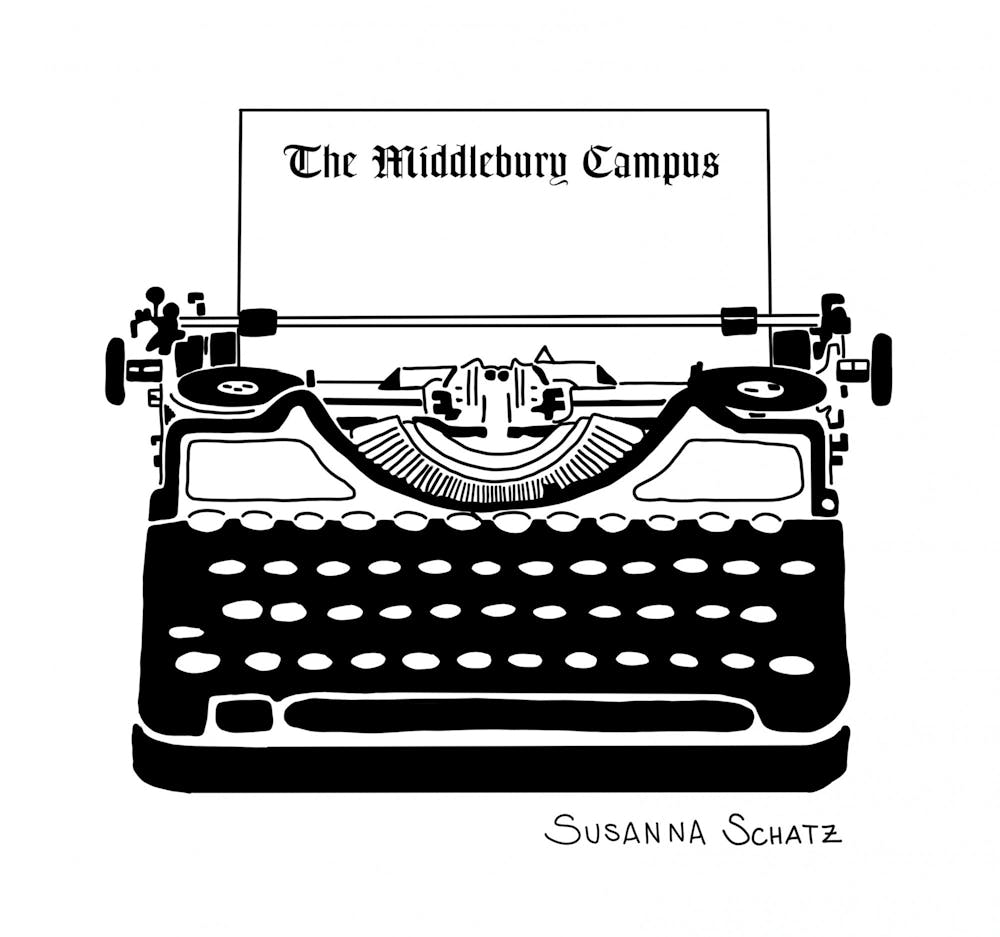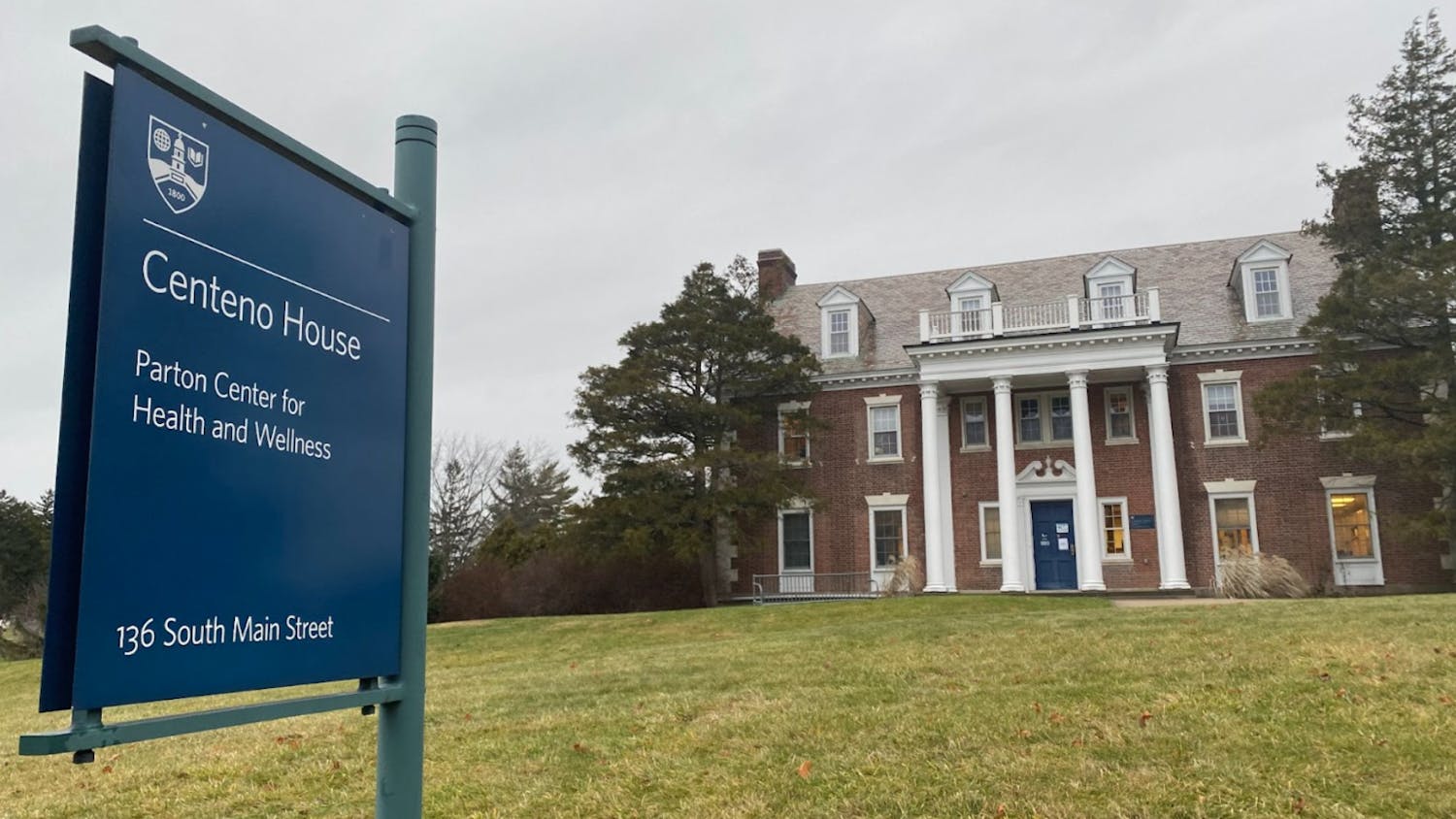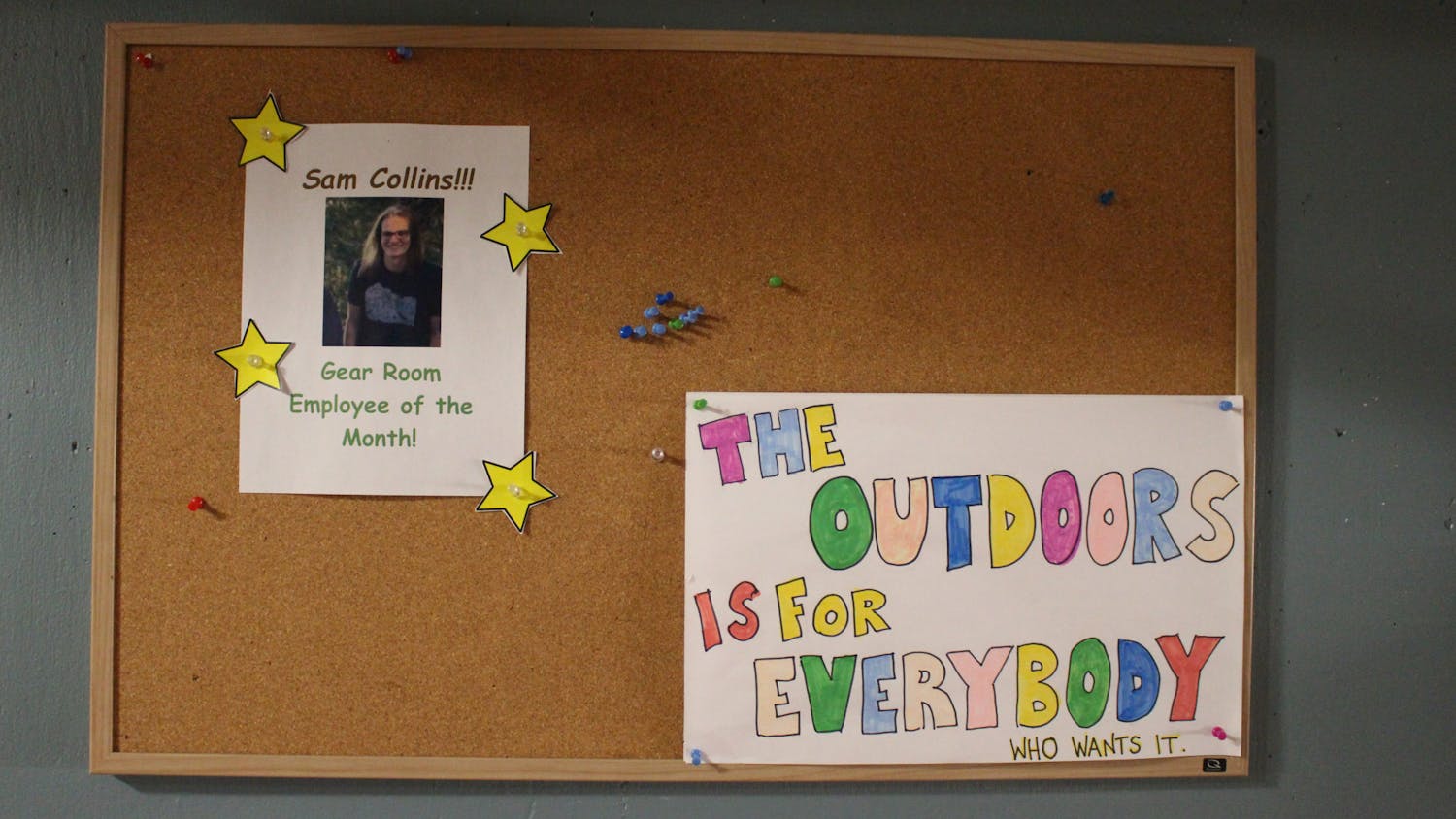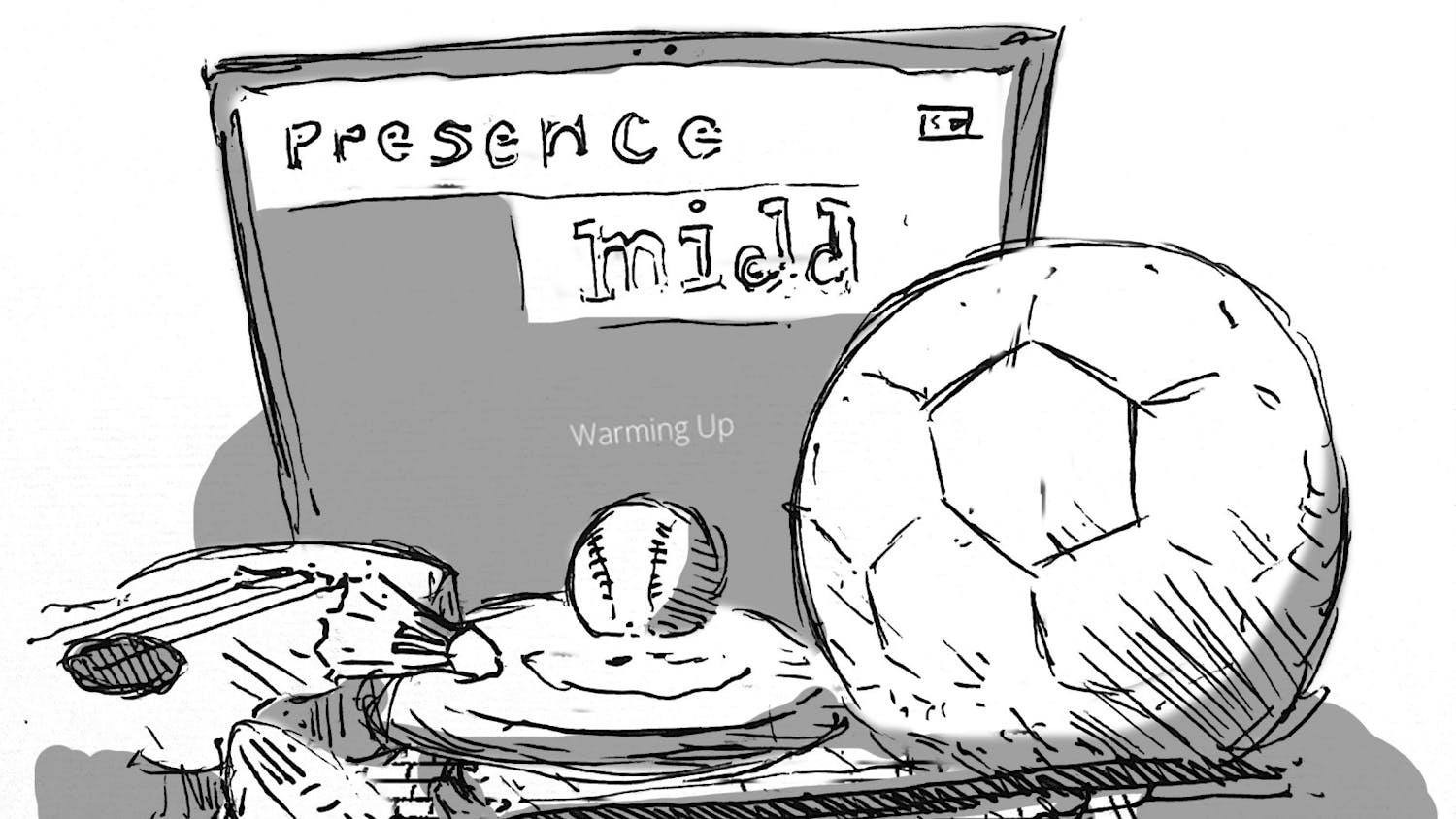With few Covid-19 guidelines still in place, many parts of campus life are starting to return to pre-pandemic routines. Students are once again able to eat in the dining halls, attend most classes without masks and go out to parties or other gatherings on the weekends.
We are entering a new era for campus social culture — one that does not feature the same kinds of masking and gathering restrictions as previous years — it still remains undeniably altered by the pandemic. Covid-19 has not gone away; members of our community are still contracting the virus, and all are reckoning with the grief and loss brought on by years of living amid a global pandemic.
But the pandemic has also reshaped Middlebury in other ways, disrupting traditions and continuity between each class's experience at the college. Many elements of the pre-pandemic social scene have not returned, or not returned in full force. The Grille, which closed at 2 a.m. pre-Covid, now closes at midnight. Many evening events for students seem to have disappeared over the past few years; MCAB used to offer bi-weekly trivia nights, but now students must rely on Thursday nights at the Marquis where the space is limited and students — who often arrive an hour an advance to claim a table — compete for seats with local residents. Members of our Editorial Board noted hearing about fewer open parties on the weekends, and some upperclassmen on our staff mentioned that they do not want to host in their spaces due to drunk students’ track record for destructive behavior.
With J-Term offering a reprieve from the traditional workload and with an early sunset cutting outdoor activities short, it’s become increasingly obvious when students are searching for something to do in the evening. Limited options have sometimes meant crowds of students all vying for entry to a single party or event. A clear example noted by the 21+ members of our Board is “Bar Night.”
Bar Night, held on Thursday night in the basement of Two Brothers Tavern, is a rare, walkable opportunity for students of age to get off campus and enjoy a fun night on the town with their friends. But with few other options on campus or in town (Mr. Ups, the other bar that students frequent, closes at 9 p.m.) Bar Night is getting increasingly popular — and chaotic. Two Brothers (understandably) limits the capacity for Bar Night, meaning that those who don’t arrive early sometimes stand in line for as long as an hour, often in rain or snow. (Recently, there has even been a line to get into the upstairs restaurant part of Two Brothers during Bar Night hours.)
Perhaps in anticipation of a long wait, many students show up already drunk. Many are disrespectful to Two Brothers employees and to their peers, who are subjected to pushing or cutting in line. A student employee at Two Brothers Tavern has expressed that her co-workers are frustrated with the behavior of students on Thursday nights, saying that oftentimes students are rude to the bartenders, don’t tip and vape inside despite vaping being explicitly forbidden.
Why, if Two Brothers is the only venue open past 9 p.m., are students destructive and disrespectful to the space and its employees? A possible answer is that because of the lack of nightlife options on campus and in town, students look to Bar Night as their only opportunity to go out, so they desperately want to get in — hence the cutting, shoving and bad tipping –– and don’t have much regard for the space or the people so long as they succeed.
Of course, this mindset doesn’t excuse bad behavior. We wholeheartedly believe students should respect the spaces they occupy on and off campus. We know there are consequences when students don’t do this — such as seniors not wanting to throw parties in their living spaces when they know their peers are prone to punch holes in their walls or pee in their elevators. While changing the social culture that permits this kind of bad behavior should be our primary goal, we also think some of the pressure could be taken off Bar Night if the college provided more late-night on-campus options, including some that are not centered around drinking.
In addition, if hosting late night events for 21+ college students seemed like a more enjoyable experience, it’s possible that other venues in town with bars would consider adding their own versions of Bar Night. However, given the current behavior college students exhibit in town, we can’t really blame them for wanting to shutter their doors at 9 p.m.
J-Term can be isolating — especially when options for off-campus entertainment are not accessible to all. The college could put on more fun winter events that can bring the community together. The 100 and 200 Days events have been huge hits, for example, and more events of that nature could go a long way.
We also recognize that expanding many late-night options, such as keeping the Grille open later, would present an additional burden for staff. For this reason, it feels more feasible and reasonable to push for more student-run and operated events. The college could also put more money into student organizations and social houses that are capable of hosting fun events open to the community. Maybe the college could work to establish a student-staffed bar on campus, or even occasional pop-up events designed and run by students.
Providing students with more social options doesn’t have to relate solely to alcohol and partying. Many students turn out for late-night activities that don’t involve drinking; take, for example, the popular observatory nights at BiHall.
It’s clear students are looking for things to do in the evenings, especially during J-Term. Beyond taking the pressure off of the few off-campus options, focusing more attention on a variety of nighttime on-campus options could prove more accessible, ultimately helping to bring our community together. As we enter this new era for campus social life, one without some of the pre-pandemic fixtures or routines, we have an opportunity to create new traditions and reexamine old ones.




